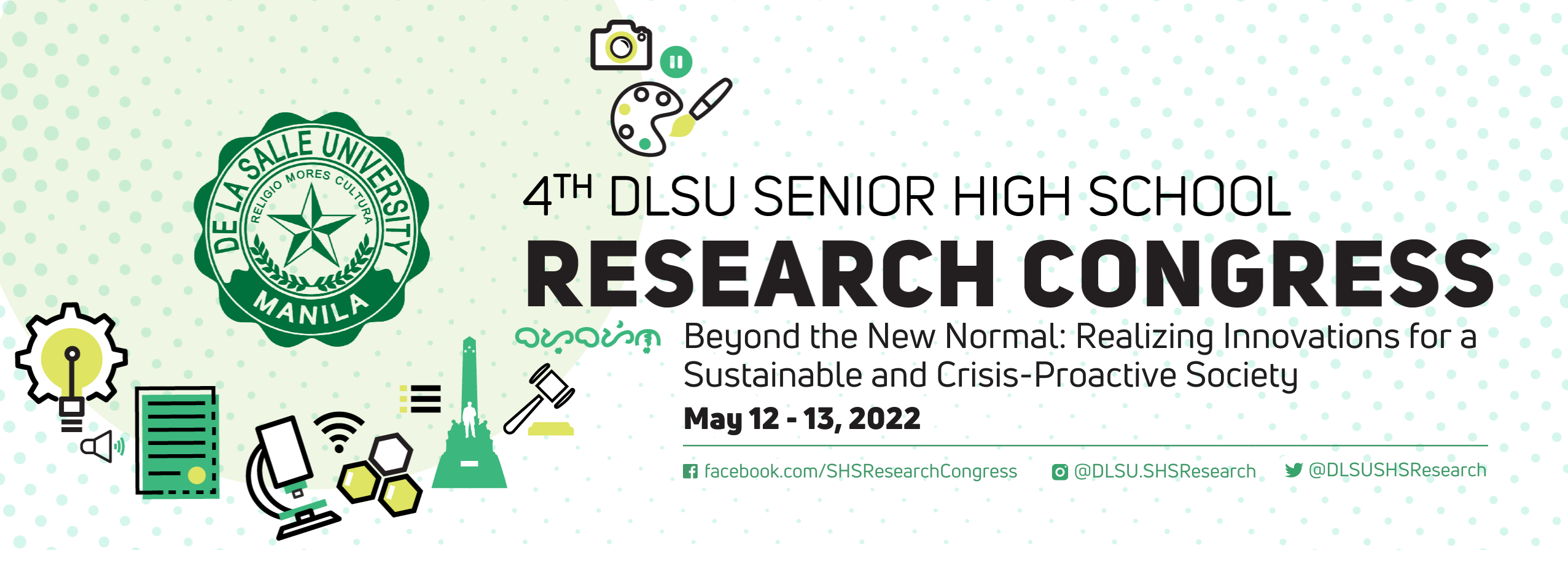Document Types
Paper Presentation
Research Theme (for Paper Presentation and Poster Presentation submissions only)
Media and Philippine Studies (MPS)
Research Advisor (Last Name, First Name, Middle Initial)
Wilfred Luis L. Clamor
Start Date
12-5-2022 3:30 PM
End Date
12-5-2022 5:30 PM
Abstract/Executive Summary
With the rise of social media platforms, Twitter has become a medium for connecting and encouraging individuals to participate in digital activism. However, there is a lack of literature that encompasses the digital activism behavior of Filipinos. Thus, this study applies the theory of planned behavior (TBP) and self-efficacy theory to measure the attitude towards digital activism (AT), subjective norms (SN), Twitter engagement efficacy (TE), and behavioral intentions (BI) affecting Filipinos’ digital activism engagement. An online cross-sectional survey was conducted among college students from Manila (n=104). The results revealed that attitude towards digital activism, Twitter engagement efficacy, and behavioral intentions have a significant effect on the digital activism engagement of an individual while subjective norms showed a weak correlation. Furthermore, respondents who have an interest and willingness to engage have shown a higher intention of participating in digital activism on Twitter.
Keywords
Twitter, digital activism engagement; theory of planned behavior; self-efficacy theory; college students
Included in
Measures of Digital Activism Engagement on Twitter Among Filipino College Students
With the rise of social media platforms, Twitter has become a medium for connecting and encouraging individuals to participate in digital activism. However, there is a lack of literature that encompasses the digital activism behavior of Filipinos. Thus, this study applies the theory of planned behavior (TBP) and self-efficacy theory to measure the attitude towards digital activism (AT), subjective norms (SN), Twitter engagement efficacy (TE), and behavioral intentions (BI) affecting Filipinos’ digital activism engagement. An online cross-sectional survey was conducted among college students from Manila (n=104). The results revealed that attitude towards digital activism, Twitter engagement efficacy, and behavioral intentions have a significant effect on the digital activism engagement of an individual while subjective norms showed a weak correlation. Furthermore, respondents who have an interest and willingness to engage have shown a higher intention of participating in digital activism on Twitter.


